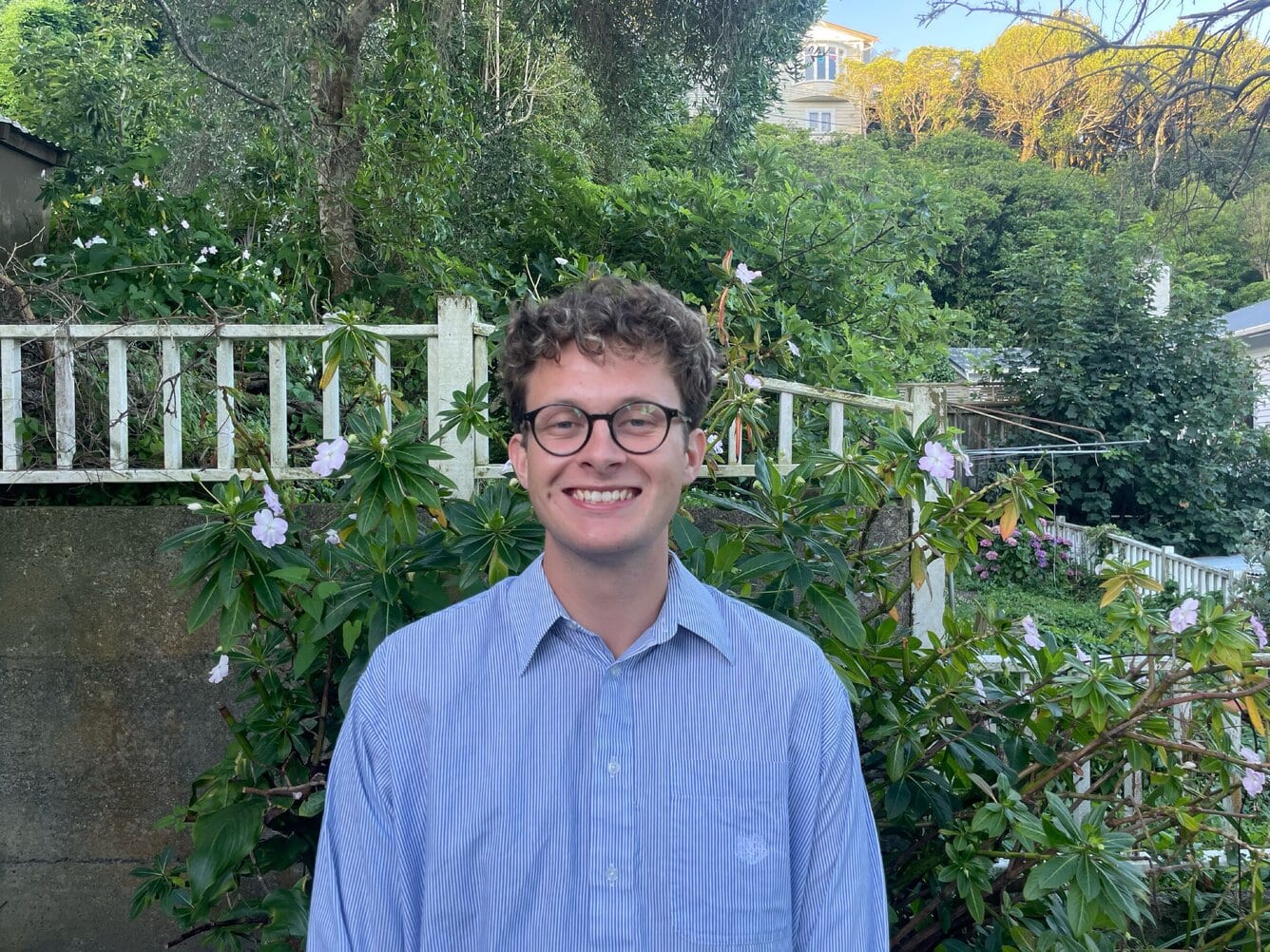In this guest blog, medical student Blair McInnarney shares what he has learnt about migraine health care from analysing results from the Migraine in Aotearoa New Zealand Survey.
I am a fourth-year medical student at the University of Otago, based at the Wellington campus. I have spent my summer working with Migraine Foundation Aotearoa New Zealand (MFANZ), on a project funded by the Wellington Faculty of the Royal New Zealand College of General Practitioners and supported by the University of Otago, Wellington. The aim of my project has been to better understand the barriers people with migraine face when they seek care to manage their migraine disease. We particularly focussed on care provided by general practitioners (GPs), as this is who most people will see for their migraine disease. This project was carried out using data from the 2022 Migraine in Aotearoa New Zealand survey, conducted by MFANZ.
My research has found that the vast majority of people have been able to see a GP about their migraine attacks, which is fantastic considering the importance they have in the lives of people with migraine. However, people do not always receive a good level of care. Many found that health professionals did not always understand that a migraine attack was ‘more than a headache’, and that not everyone would have the same symptoms when they had an attack. Only 35.7% of survey respondents thought that their GP’s knowledge of migraine was excellent or very good. There were also many people who were unsure of the reasoning behind decisions made by their doctors, in particular about why they were or were not given certain medications. Not understanding these decisions can take away from the power people have over their conditions, and their ability to self-manage, and it is unfortunate that this was strongly suggested in my research.
The research strongly highlighted the stigma that people with migraine still face. Many people thought that their symptoms were not taken seriously by health professionals, and that migraine was attributed to a psychosomatic or mental illness, rather treated as a neurological condition. Poor experiences with a health professional can leave people with migraine less willing to seek medical support, regardless of how much they may need it. One key area in which people reported stigma was through experiences of gender bias. Society tends to view migraine as a ‘feminine condition’, largely stemming from opinions in eighteenth-century Britain. Unfortunately, this has continued into modern society, with females feeling they received differential treatment by the healthcare system based on their gender.
Additionally, the research further highlighted the strains that Aotearoa’s healthcare system is under. Medical appointments and medications remain expensive, especially in the context of migraine management where people may require frequent appointments and access to treatments that are not funded by Pharmac. Being able to see a specialist for migraine can be seen as a luxury, with public waiting lists being extremely long and private care requiring self-funding (paid directly or through health insurance). People also felt that Aotearoa was behind much of the world in terms of knowledge about migraine and available treatments. It is clear that people with migraine face challenges across all aspects of healthcare.
Although current healthcare practices are not always great for people with migraine, the situation can be improved. This research has offered several recommendations that we believe could improve the standard of healthcare received by people with migraine. They include better training on migraine management for GPs, the involvement of more health professionals in the management of migraine, and improved communication between the patient and health professionals. Hopefully with continued advocacy, there will be changes in the healthcare system so that people with migraine are better supported.
While I don’t have migraine disease myself, I have previously suffered migraine-like headache following a head injury. I have several family members and friends that have migraine disease and I greatly appreciate having been able to better understand the realities of their lives. Thank you for letting me get a better insight into the healthcare issues people with migraine face. I am truly grateful for this opportunity and feel privileged to be able to help give a voice to the issues that people with migraine face. I hope to continue to advocate for people with migraine throughout my career.
Many thanks to Blair for his work over the summer. We are aiming to publish his results in a medical journal later this year. Many thanks also to the Wellington Faculty of the Royal New Zealand College of GPs for sponsoring this project. Blair was supervised by Dr Fiona Imlach (MFANZ Co-founder), Sue Garrett and Dr Jonathan Kennedy (both from the Department of Primary Care and General Practice, University of Otago Wellington).


